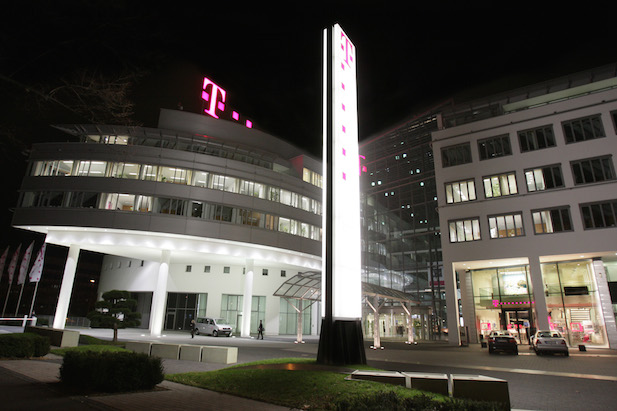Deutsche Telekom has extended its NB-IoT network in Bonn to start offering a range of new use cases.
The operator, which launched the first network using the technology in the city last year, revealed it has connected street lights and waste containers in the city.
The lights can be dimmed remotely and darken or brighten automatically by using motion detectors.
If bulbs fail, the public body managing the infrastructure gets a notification that they need replaced.
Sensors in the waste containers notify rubbish collectors when they are nearly full, saving on wasted journeys.
An air quality monitor has also been installed onto a street light near the Münsterplatz garage.
Anette Bronder, Head of Digital and Security Department of Deutsche Telekom, said: “This technology saves up to 60 percent of the operating costs. The city of future needs more digital services.”
Deutsche Telekom has been one of the most prolific backers of NB-IoT technology since it first launched it last year.
In 2018, it is planning to trial a smart parking network in Bonn, with drivers able to find and pay for empty spaces by using an app connected to sensors.
The city is hoping to connect public car spaces with NB-IoT sensors by the end of 2019.
In addition to the smart parking, smart metering and logistic tracking use cases, it has also been using NB-IoT to measure bee mortality rates.



